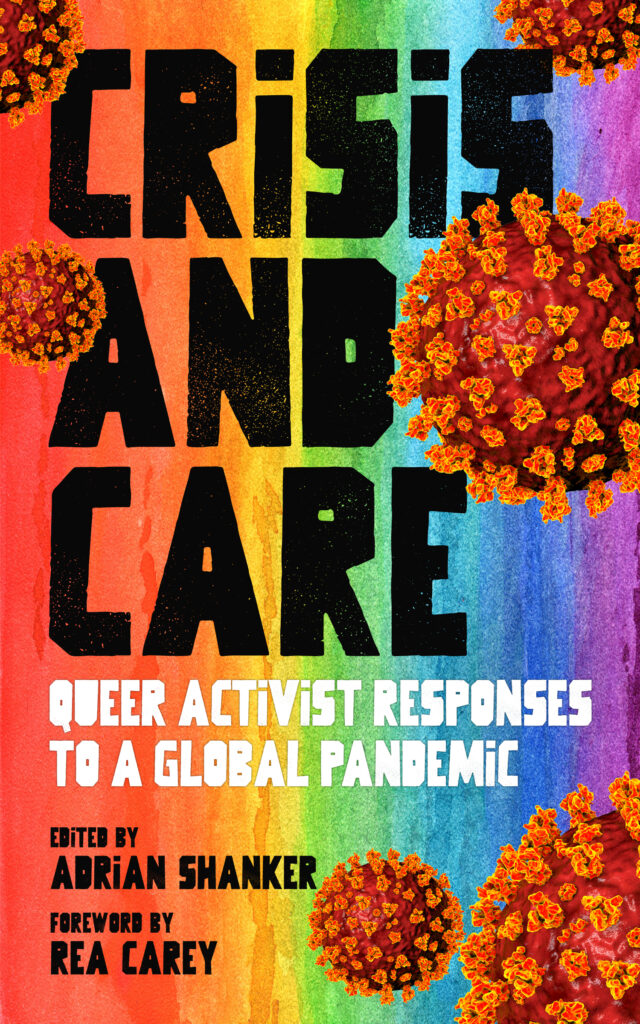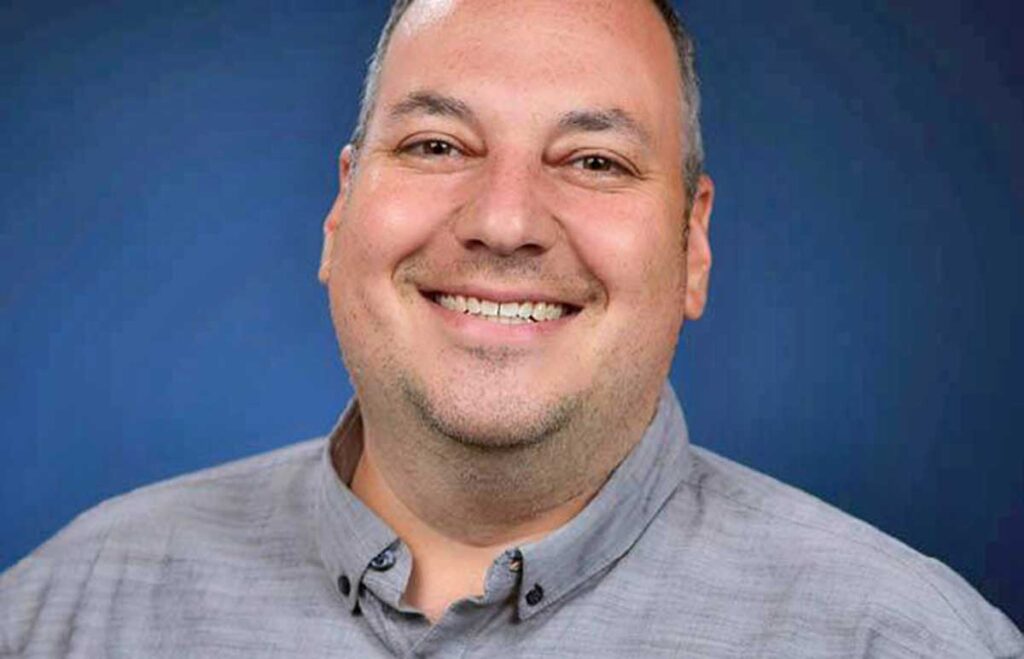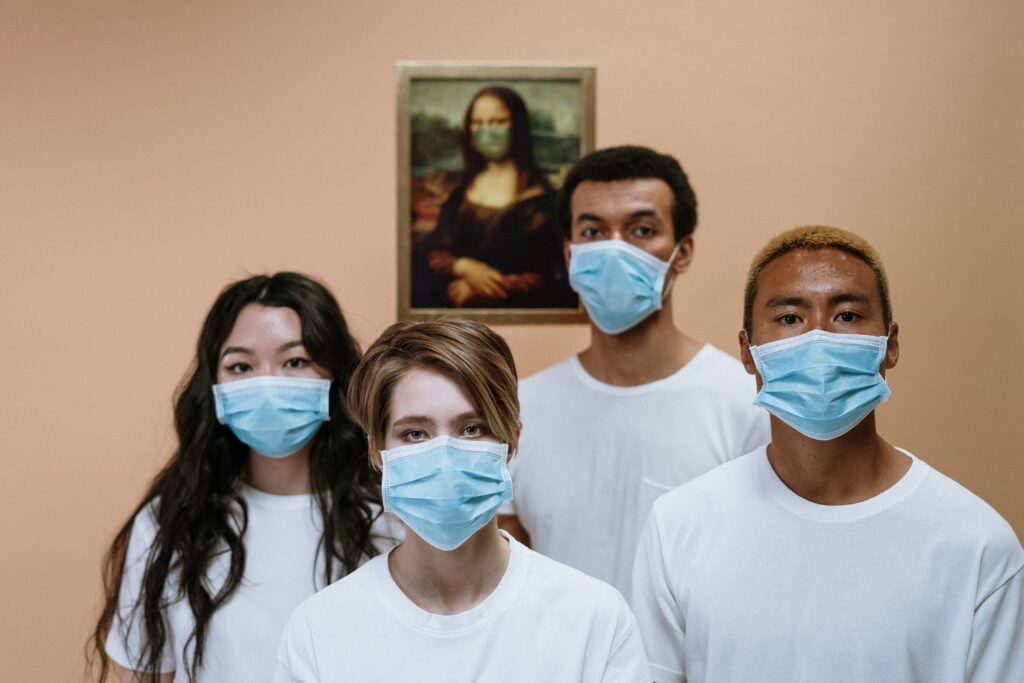Crisis and Care addresses role of LGBTQ community in a time of viruses
A conversation with Adrian Shanker, editor of the new anthology, Crisis and Care.
The new anthology, Crisis and Care: Queer Activist Responses to a Global Pandemic, hit the shelves in August. Editor, Adrian Shanker, joined us for a conversation about how the lessons of COVID-19 can help us address monkeypox, and future crisis points.
Queer Forty: Adrian, tell us about Crisis and Care!
Adrian Shanker: Crisis and Care looks not at COVID itself, but at how queer activists and organizations responded to the one of the greatest crisis point of our lives with resilience, love for our community, and care for each other. We should remember the amazing ways that LGBTQ+ folks responded to COVID. Siegfried Aragona writes about how the drag community came together to support each other with virtual gigs, and how some drag performers became trusted messengers for public health information. Denise Spivak writes about how LGBTQ+ community centers pivoted to address the virtual needs of LGBTQ+ people everywhere. Zephyr Williams writes about how Black and Pink mobilized to support LGBTQ+ people who were incarcerated at the beginning of the pandemic. Emmett Patterson writes about sexual health activism during COVID. This book contains so many other important conversations as well. We should remember how our community showed up and supported each other. That’s what Crisis and Care is about!
So right now, we are experiencing the global rise of monkeypox. What did we learn from COVID that can help our community now?
AS: We learned that our community is not vaccine hesitant – which we are seeing now with long lines to access the monkeypox vaccines. We learned the importance of data collection on LGBTQ+ vaccines and infections, which is how we know that monkeypox is disparately impacting the queer community. We learned that harm reduction, and not abstinence, is key to preventing the spread of a dangerous virus – and we are seeing some of the best harm reduction messages possible from Dr. Demetre Daskalakis and other federal health leaders. But mostly, we learned the importance of caring for each other, sharing information about vaccines, sharing images of monkeypox legions so others know what to look for. We learned that in times of crisis we are not in this by ourselves, we are all in this together. In fact, all we have is each other.

You wrote in the book “we learned a great deal about how our society can be improved because of the COVID-19 pandemic. Now it’s up to every one of us to radically reimagine our society so that the care and compassion we learned during the COVID-19 pandemic can be incorporated into all aspects of our lives.” Tell us more about that!
AS: The competitiveness and rugged individualism that was both prioritized and praised before COVID was replaced with community care. People were making hand sewn masks to distribute to others. We made all kinds of sacrifices to keep each other safe. These approaches to community care don’t need to end just because much of our world has reopened. In fact, we can apply these same ideals for care in times of crisis throughout our lives.
What’s the biggest takeaway of Crisis and Care?
AS: The book begins with a quote from Aurora Levins Morales, who wrote “only by mourning everything we have lost can we discover that we have in fact survived. That our spirits are indestructible.” When editing the activist essays in Crisis and Care, I kept thinking about that quote. We need to acknowledge the profound loss of the last few years. And we need to remember how incredible it was that our community came together in ways unimaginable to many of us before.
Crisis and Care: Queer Activist Responses to a Global Pandemic is available from any local bookstore or from www.pmpress.org/crisisandcare.

About the editor
Adrian Shanker is editor of two queer health activism anthologies: Bodies and Barriers: Queer Activists on Health and Crisis and Care: Queer Activist Responses to a Global Pandemic. He is executive director of The Spahr Center in Marin County, California, which is on the original and unceded land of the Coast Miwok people.






